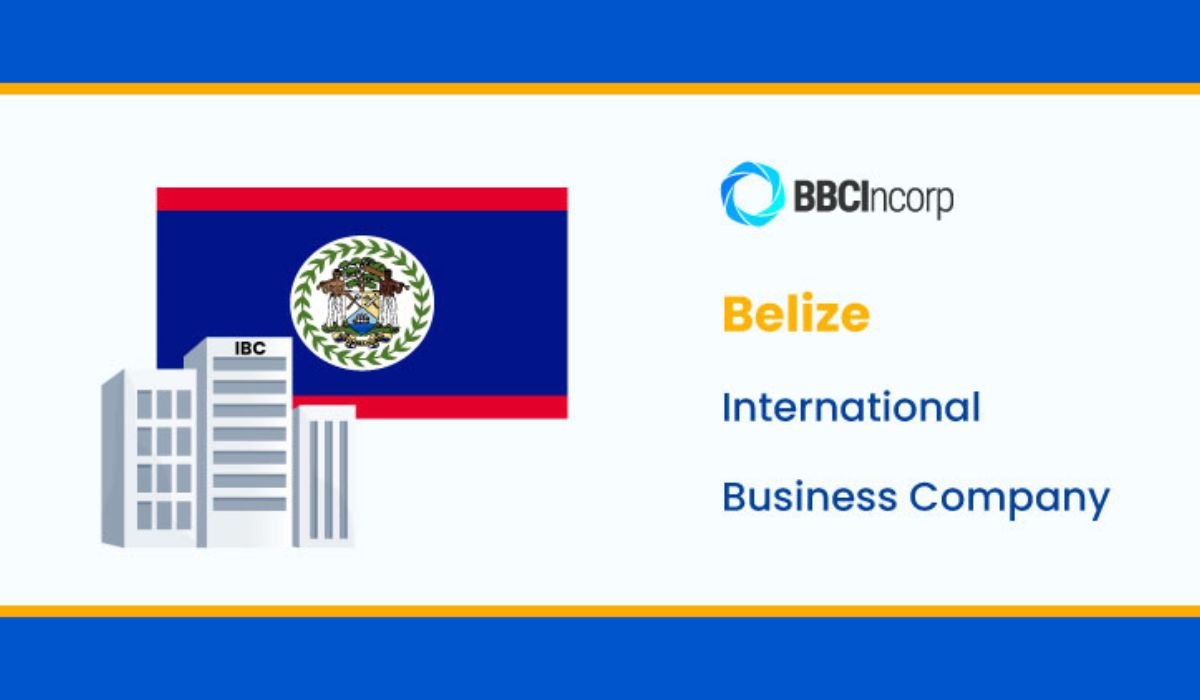For decades, savvy international entrepreneurs and asset protection specialists have quietly gravitated toward a small Central American nation with turquoise waters and English common law foundations: Belize. On the surface, it looks like just another picturesque offshore locale—but beneath that tropical veneer lies a well-engineered corporate framework that continues to attract everyone from crypto traders to legacy family offices.
Belize is not trying to be the next Singapore. Nor does it pretend to offer the banking sophistication of Zurich or the scale of London. What it offers is something far more strategic for the right kind of global operator: simplicity, privacy, and sovereignty.
Whether you’re an investor shielding assets, a consultant structuring international payments, or a founder launching cross-border ventures, forming an international business company in Belize is still—despite global pressure on offshore jurisdictions—a calculated and competitive move.
Why Belize? That Still Makes Sense
The narrative around offshore financial centers has evolved drastically in the past decade. From Panama to the Caymans, jurisdictions are under increased scrutiny. Transparency demands, automatic exchange of information agreements, and stricter economic substance requirements have become the new norm.
Yet Belize manages to maintain its relevance. The reason? It has adapted without compromising its appeal.
The most important trait: Belize does not tax foreign-sourced income. This makes it ideal for entrepreneurs who earn through international services, digital assets, or foreign holdings. Add to that the lack of capital gains, dividend, or withholding taxes on offshore earnings, and you’ve got one of the most tax-neutral platforms still available today.
But tax efficiency alone doesn’t drive decisions for the high-net-worth crowd. What makes Belize stand out is its commitment to financial privacy. Corporate ownership registers remain closed to the public. Directors, shareholders, or members are not listed in searchable databases. There is no automatic public disclosure of beneficial owners, unless required by a court order or regulatory investigation.
In a world increasingly obsessed with transparency—even when it compromises personal security—that level of confidentiality remains a rare commodity.
IBC vs. LLC: The Core Structures Explained
Belize offers two primary corporate vehicles for offshore use: the International Business Company (IBC) and the Limited Liability Company (LLC). While similar in goal—serving international business owners looking to operate outside Belize—these entities serve different strategic purposes.
Holding and Trading
The Belize IBC has long been the go-to structure for international holdings, intellectual property management, global trading, and asset shielding. Its appeal is rooted in its shareholder-based structure, fast incorporation process, and minimal ongoing requirements.
A Belize IBC requires only one shareholder and one director (who can be the same person), and there is no need to file financial statements publicly. For digital nomads, international consultants, or those holding global assets, this structure offers operational flexibility combined with deep confidentiality.
Yet, it’s worth noting that the IBC model in Belize is evolving. As international regulatory standards tighten, there’s growing pressure on jurisdictions to demand more transparency and introduce economic substance requirements. While Belize remains friendly for IBCs, clients today should not approach it as a “zero-responsibility” solution—it needs to be part of a well-structured strategy.
Asset-Protective
The Belize LLC is the newer but increasingly favored vehicle—particularly for clients focused on asset protection or succession planning.
Unlike an IBC, which is corporate in nature, the LLC is member-driven. It doesn’t issue shares and doesn’t follow traditional corporate governance structures. Instead, it operates more like a contractual agreement between its members. This gives it added flexibility, especially when it comes to joint ventures, real estate holding, or complex estate planning.
From a legal standpoint, the LLC enjoys robust asset protection provisions under the International Limited Liability Companies Act. Creditors face significant hurdles in attempting to seize member interests. In this sense, the Belize LLC operates similarly to a Nevis LLC or Cook Islands trust—but with lower overhead and faster setup.
Incorporation Timeline: Fast, Lean, and Low-Touch
Speed is often an overlooked asset in offshore planning, and Belize delivers here too. Incorporating an IBC or LLC typically takes under a week if your documents are in order.
To form your company, you’ll need to submit:
- A notarized passport copy
- Proof of residential address (dated within three months)
- An application form
- In some cases, proof of source of funds (like a recent bank statement)
From there, a registered agent in Belize handles filings with the Companies Registry, appoints nominee directors or members if needed, and arranges for apostilled documents to be couriered to your location of choice.
There’s no need to visit Belize. Everything can be handled remotely through a trusted service provider.
Substance & Compliance in 2025
The days of “set it and forget it” offshore entities are gone. Belize, like most reputable jurisdictions, now enforces basic compliance and substance rules. While there’s no income tax or requirement to file financial statements, companies must maintain proper accounting records for five years, appoint a local registered agent, and adhere to Belize’s Record Maintenance Act.
Moreover, certain business models—especially those claiming tax residency or engaging in financial services—may trigger substance requirements. This can involve proving actual economic activity in Belize, such as local personnel or physical premises.
Then there’s the global overlay: U.S. persons must comply with FATCA. EU citizens face CRS reporting. Even those banking in third jurisdictions may encounter “enhanced due diligence” when using Belize companies. Bottom line: while Belize is low maintenance, it’s not lawless. A well-advised strategy matters more than ever.
A Necessary but Manageable Challenge
Opening a bank account for a Belize company is not as easy as it once was—but it’s far from impossible.
The key is leveraging a professional network. Most clients today opt to open accounts not in Belize itself, but in banking hubs such as Panama, St. Lucia, Liechtenstein, or even the U.S. EMIs (Electronic Money Institutions) are also an increasingly viable alternative, especially for digital entrepreneurs.
Expect banks to request notarized incorporation documents, a clear business description, possibly a call with the beneficial owner, and in some cases, professional or trade references. Navigating this landscape alone can be difficult—which is why working with a firm that has direct banking relationships matters.
Belize in 2025: Still a Contender for Smart Offshore Structuring
There’s no denying that the offshore landscape has changed. But amid shifting compliance standards and rising transparency regimes, Belize remains relevant for a certain profile of entrepreneur.
It’s not the right jurisdiction for aggressive tax arbitrage. But it remains highly effective for holding assets, launching international ventures, and protecting wealth through legal, compliant, and tax-neutral structures.
Work with the right professionals. Structure intelligently. And don’t expect to disappear into the fog of secrecy. Those days are gone.
But if your goals are legitimate, strategic, and global—Belize may still be one of the smartest moves you can make.



